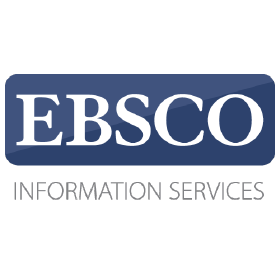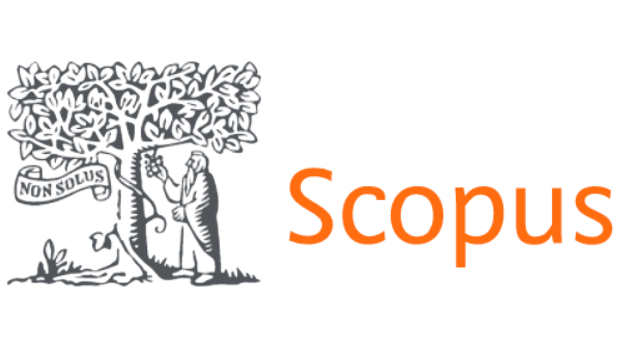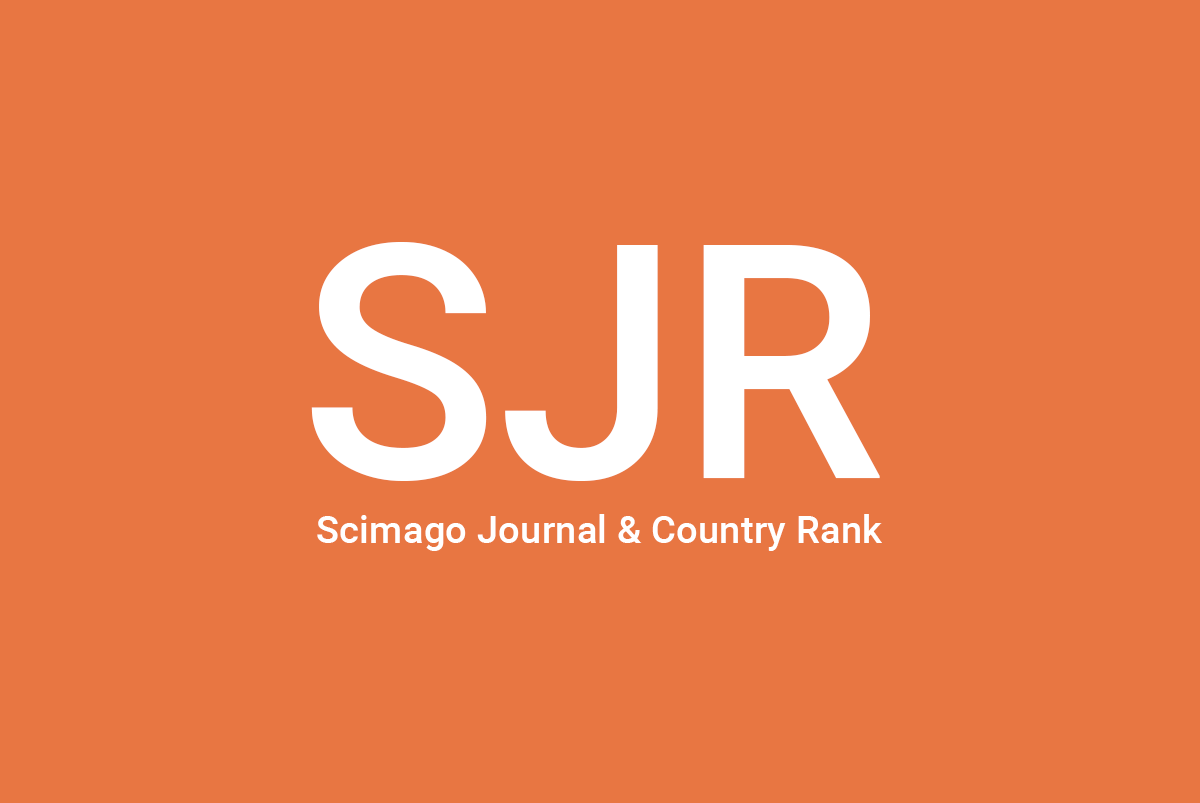The importance of evil for the understanding of Freedom and its role in the emergence of the personality in Friedrich Schelling’s Freiheitsschrift
DOI:
https://doi.org/10.24310/Studiahegelianastheg.v6i.11431Keywords:
SCHELLING, FREEDOM, ŽIŽEK, EVILAbstract
The aim of this paper is to present Schelling’s idea of the emergence of the human being in his Freedom Essay; namely, how human being, rising from the Ground of God, is from the very first moment interwined in the interplay of the Ground and the Existence of God becoming, thus, the only being of the Creation bearing the essential possibility of choosing freely what it wants to will. Furthermore, we will try to see how evil is a necessary condition for both human being’s being able to be free and for the moulding of his personality.
Downloads
Metrics
Publication Facts
Reviewer profiles N/A
Author statements
Indexed in
-
—
- Academic society
- N/A
- Publisher
- Universidad de Málaga
References
Heidegger, M. 1985 Schelling’s treatise on the essence of the human freedom (Tr. by Joan Stambaugh). Ohio: Ohio University Press
Heidegger, M. 2016 Ponderings II-VI (Tr. by Richard Rojcewicz). Bloomington: Indiana University Press.
McGrath, S. 2012 The dark ground of spirit. London: Routledge
Michelle, K. 2010 Freedom and reason in Kant, Schelling, and Kierkegaard. Oxford: Oxford University Press
Schelling, F. 2006 Philosophical Investigations Into the Essence of Human Freedom (Tr. by J. Love and J. Schmidt). Albany: State University of New York Press
Sherman, J..H. << A genealogy of participation>> in J.N. Ferrer and J.H. Sherman (eds) The Participatory Turn: Spirituality, Mysticism, Religious Studies. Albany: State University of New York Press.2008 pp. 81-112
Schindler, D.C. 2012 The perfection of freedom. Eugene: Cascade Books
Zizek, S. 2007 The indivisible remainder: An Essay on Schelling and Related Matters. London: Verso
Downloads
Published
How to Cite
Issue
Section
License
This journal provides immediate free access to its content under the principle of making research freely available to the public. All contents published in Studia Hegeliana. Journal of the Spanish Society for Hegelian Studies, are subject to the Creative Commons Attribution-NonCommercial-ShareAlike 4.0 licence (specifically, CC-by-nc-sa), the full text of which can be found at <http://creativecommons.org/licenses/by-nc-sa/4.0>. Derivative works are therefore permitted as long as they are not used for commercial purposes. The original work may not be used for commercial purposes. The journal is not responsible for the opinions expressed by the authors of the works published in it.
It is the authors' responsibility to obtain the necessary permissions for images that are subject to copyright.
Authors whose contributions are accepted for publication in this journal retain the copyright. It is non-exclusive right to use their contributions for scholarly, research and educational purposes, including self-archiving or deposit in open access repositories of any kind.
Since volume 7 of 2021 the journal Studia Hegeliana has changed the copyright. Since that year the authors have retained the copyright.
The electronic edition of this journal is published by the Editorial de la Universidad de Málaga (UmaEditorial), being necessary to cite the source in any partial or total reproduction.

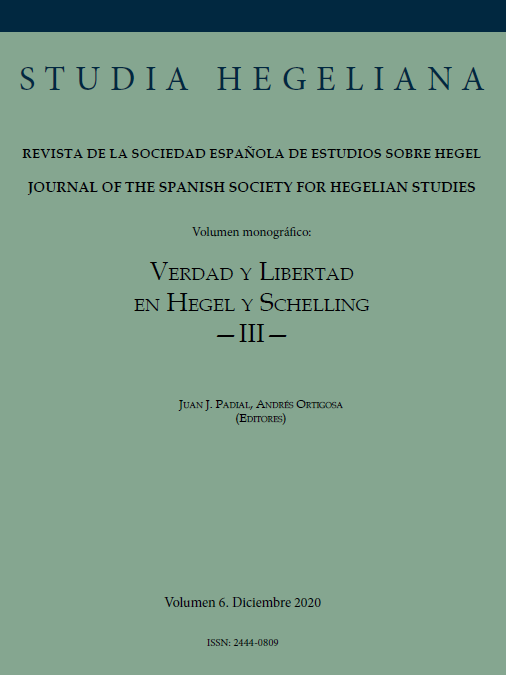




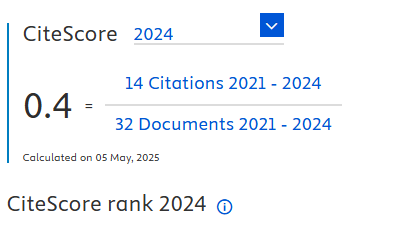
244.png)

















